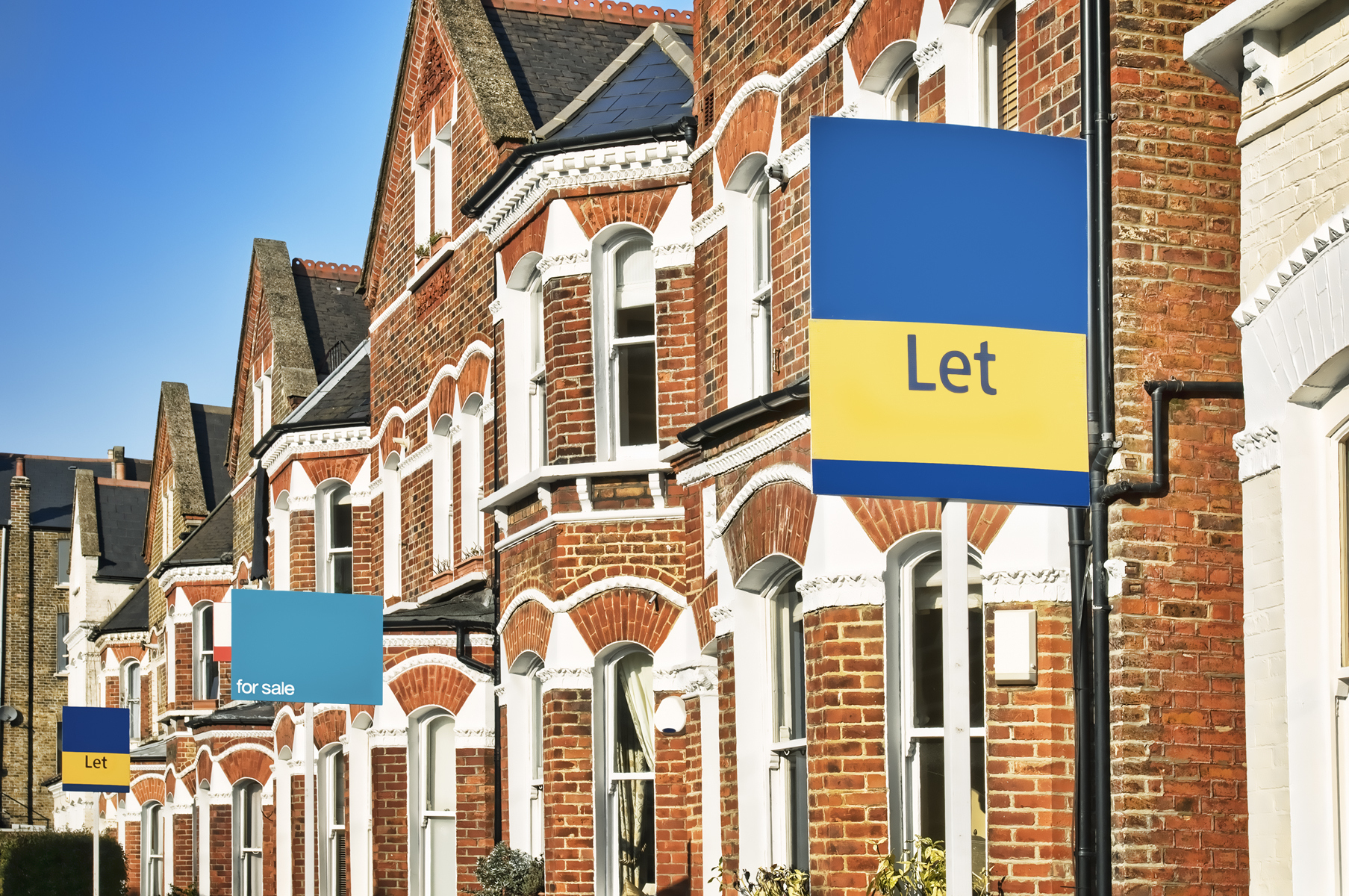In recent years, ESG focus and the drive for net carbon zero have illuminated markets. This sparked sustainability rules and investor shifts, affecting asset value nationwide and raising the question of what is more important to buyers
From this shift, the property market has seen the rise of sustainability regulations and investor behaviour shifts that have led to green premiums and brown discounts, directly impacting asset values across the country.
UK’s net zero target and the real estate impact
In June 2019, the UK introduced a target to achieve at least a 100% reduction of greenhouse gas emissions by 2050 – known as the Net Zero Target.
Along with events like COP27 and this greater attention on climate change in recent years, sustainability and ESG have become buzzwords, particularly in the real estate sector.
This is because of the embodied and operational carbon involved in the built environment.
According to a World Green Building Council report, buildings are currently responsible for 39% of global energy-related carbon emissions: 28% from operational emissions, from the energy needed to heat, excellent, and power them, and the remaining 11% from materials and construction.
Since the passing of the Net Zero Target into legislation, the Government have released the Net Zero Strategy to help drive this achievement by implementing decarbonisation standards for those procuring construction or infrastructure projects.
A 2022 guidance note issued by the UK Government Commercial Function outlines the requirements and practical resources.
The importance of Net Zero strategy in real estate
The introduction of this Net Zero Strategy, with its regulations and legal requirements around sustainability standards for buildings, has inevitably impacted investment decisions.
A 2022 RICS Sustainability Report found that around 65% of UK investors and occupiers note that occupier demand for ‘green’ buildings has risen over the past 12 months – about 45% report a modest increase in investor appetite for ‘green’ buildings.
This is followed by the minimum energy efficiency standard (MEES) regulations introduced in April this year – stating that it will be unlawful to continue to let a commercial property with an energy performance certificate (EPC) rating of F or G – and this is expected to rise again to a B rating by 2030.
Historically, where an occupier or property developer was providing an offering that goes above and beyond the minimum energy or sustainability requirements, they would warrant a ‘green premium’.
These properties would be sold, achieving far better values than those in their sector with similar financials.
Green certification boosts London real estate performance
A 2023 BCLP Law Energy Efficiency Series highlights that in London, development schemes with a BREEAM (the world’s leading science-based suite of validation and certification systems for a sustainable built environment) rating of outstanding or excellent saw a higher pace of leasing and lower vacancy rates, 24 months after completion.
The series shows that buildings with green certification benefit from rental premium (up to 23%), increased occupancy (up to 17%), and sale prices (up to 43%).
An asset’s carbon and environmental impact is crucial to its value
As this generation of buildings will likely exist beyond 2050, a significant upfront investment would be needed to ensure the construction adheres to deliver carbon and environmental performance consistent with the 2050 target if its design and procurement fail to do this now.
Statutory regulations and market activity have created a pincer, driving up the value of sustainable assets.
But this means we have reached a point where occupiers and developers have realised the importance of sustainable offerings, and what previously has been considered going above and beyond has become the norm.
Most developers building industrial buildings now boast a BREEAM ‘excellent’ rating or EPC A rating, meaning a sustainable status is becoming an industry standard instead of a premium or added value.
Prime locations: The rise of ‘brown discount’ property sales
While location has always been vital in the property market as a value driver, we see an increasing number of properties sold at a’ brown discount’ for alternative use in prime locations.
This applies to buildings that do not meet the legal sustainability requirements, and a significant upfront investment is needed to reach these requirements.
A notable example of this can be seen in Edinburgh, where prime office assets have been sold at a discount for alternative-use projects. Both properties in Northumberland Street and in Edinburgh’s west end (surrounding St Andrew’s Square in the city centre) have recently sold to be converted to short-stay apartments and hotels.
The JLL UK 2023 Capital Markets review and outlook illustrates how demand for office buildings is dwindling following the shift to hybrid and home working and the requirements to bring older buildings up to sustainability standards.
This has driven alternative-use applications that will create more monetary and social value.

Location will always be crucial to asset values
So, while location will always be crucial to asset values and an unsustainable building in a prime location will always trump green buildings in a poor area, sustainability is presented as a power to drive down asset value in prime locations.
This is because buildings that fail to meet the required sustainability standards cannot legally be let out or used, driving those who need more resources to refurbish in line with these standards to sell assets in prime locations at a discount.
It will be interesting to see how this trend develops, with big players like Zoom and Amazon requiring employees to return to the office recently. Still, either way, these offices will need to be brought up to standard.
This piece was written and provided by Tom Jansons, Development Manager, Jansons Property.
Editor's Recommended Articles
-
Must Read >> New property strategy launched by UK Government
-
Must Read >> Repurposing property that is surplus to requirement














